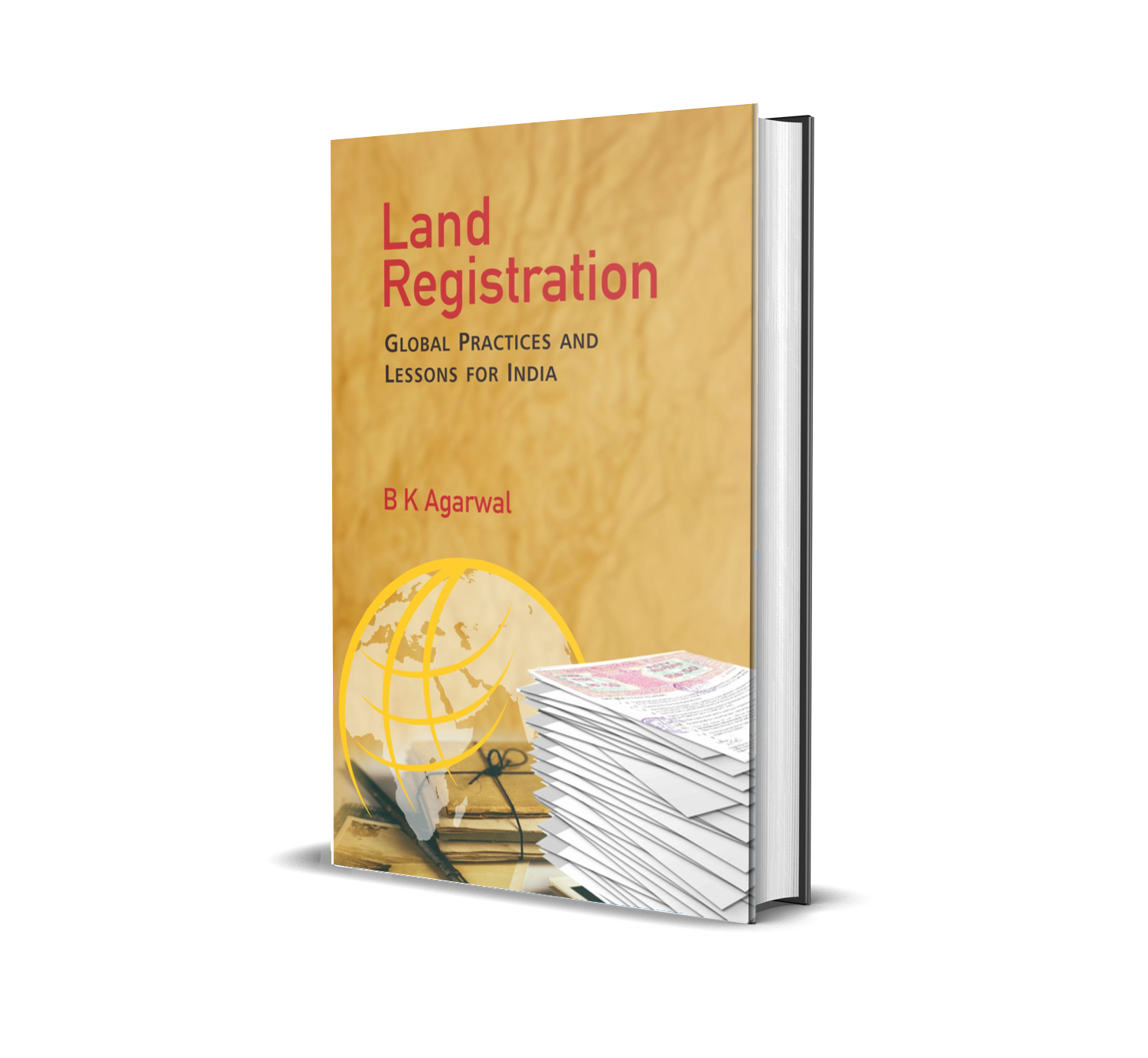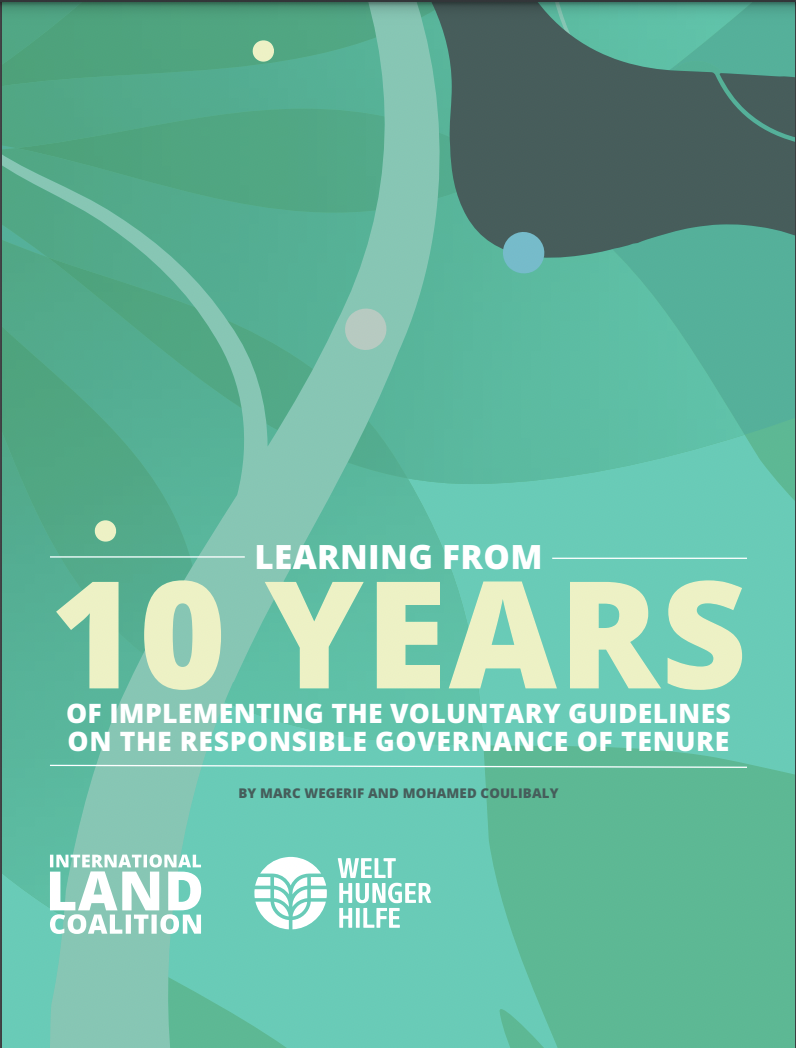REDD+ and the Indigenous Question: A Case Study from Ecuador
One of the main issues regarding the implementation of REDD+ in Latin America has been the growing concern that such projects may infringe upon the rights and negatively affect the livelihoods of forest-dependent communities. Various indigenous and civil society organizations are ardently opposed to the initiative. Such is the case in Ecuador, where indigenous opposition to REDD+ represents a considerable obstacle in the creation of a national strategy since more than 60% of the country’s remaining forest cover is on indigenous land or under indigenous occupation.












